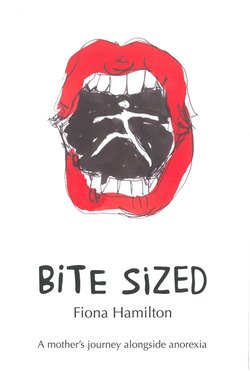Читать книгу Bite Sized - Fiona Hamilton - Страница 4
На сайте Литреса книга снята с продажи.
ОглавлениеForeword
by Philip Gross, author of The Wasting Game
There is a poet’s accuracy and tact in these short utterances that sometimes look so slight, so isolated in the white space of the page. The art is in the fact that we might scarcely think (till afterwards) that they are poetry. Any reader whose family has been through a similar experience will recognise the tentative, sometimes faltering, untidy truth of them.
I am one of those readers. Page after page brought back little shocks of memory – yes, I’ve been there – often in response to tiny details. But I suspect there are few readers who will not catch a resonance somewhere in their circles of family or friends. The dark wing that has brushed them might not be an eating disorder. Many kinds of addiction or obsession seep into the fabric of a family in this way; when this happens, no one is untouched, and all need care. To speak with clarity and sensitivity, in a language so free of the too-available response of guilt or blame, is in itself a kind of care.
This account is not a case history; it is not a family therapy session. This is one person using the disciplines of writing to set down their own journey through the new and suddenly strange landscape into which such an illness pitches the whole family. This writing does not put words into the daughter’s and anyone else’s mouth ... though those others might well feel enabled to speak for themselves through its example.
By speaking sparely, honestly and proffering no pat answers, Bite Sized offers anyone going though such challenges the chance to see their own experiences with new clarity – almost literally to inscribe them in the wide spaces on the page. At a key moment in the story, a consultant confides the uncomfortable truth that medical science does not have the answers to the problem. Rather than being dismayed, the mother is grateful, is braced by this humility and says ‘I trust her more / not less / for telling me / how little we know’. The way these pieces reach for provisional hope at the end is all the more moving for its not quite understanding where it comes from, or why the balance has tipped a little towards life. Meanwhile, as a working principle, we might share Fiona Hamilton’s humble apprehension here – that ‘love’ might be the place to begin.
